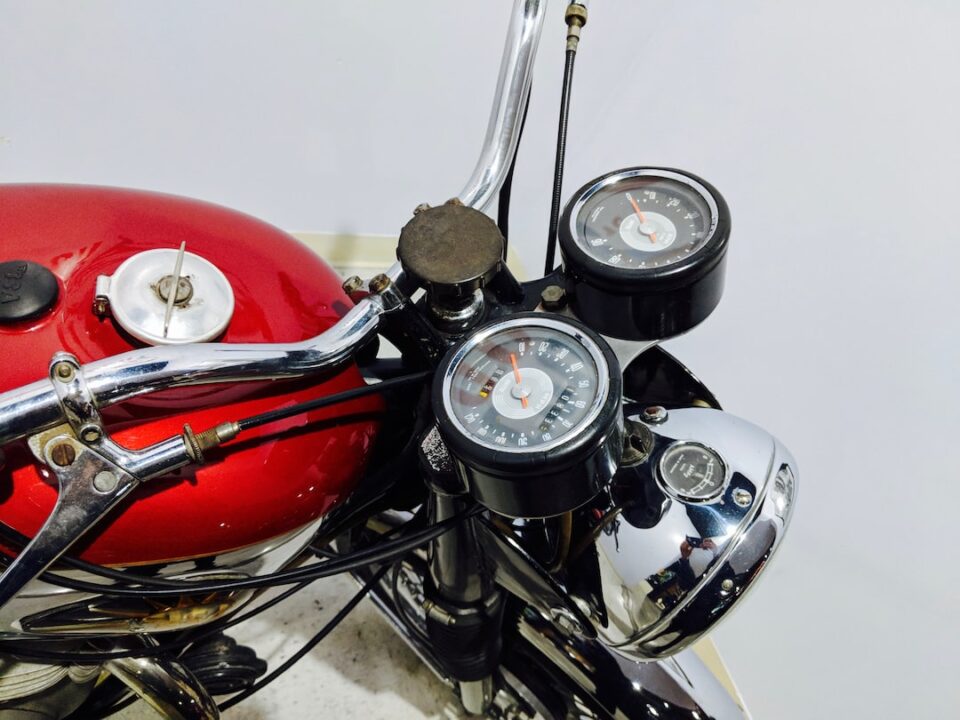Mechanical sealing solutions are a great way to prevent leaks and reduce energy consumption in various industrial applications. They are cost-effective and reliable, ensuring long-lasting performance and minimizing downtime.
Mechanical seals are used to seal the gap between two or more components in a machine, preventing the escape of liquids or gases. They are commonly used in pumps, mixers, compressors, and other rotating equipment. Unlike traditional packing seals, mechanical seals offer superior sealing performance, requiring less maintenance and reducing leakage.
Leakage is a significant concern for most industrial processes, as it can result in product loss, contamination, and safety hazards. Furthermore, leaks also lead to increased energy consumption, as the machine must work harder to maintain the desired output while compensating for the loss of energy due to leakage. By installing mechanical sealing solutions, industries can eliminate these concerns and improve the efficiency of their processes.
Mechanical seals consist of two main components: the stationary component and the rotating component. The stationary component is attached to the housing, while the rotating component is attached to the shaft. The sealing faces of these components create a seal when pressed together, preventing the escape of fluids or gases.
Mechanical seals are available in various types, each designed for specific applications and fluid types. For instance, single mechanical seals are suitable for low-pressure applications, while double mechanical seals are used for high-pressure applications. Additionally, the selection of materials for mechanical seals is critical, as they must withstand the chemical and mechanical stresses of the process.
The installation of mechanical seals requires skilled personnel, as improper installation can lead to premature failure and costly repairs. It is essential to follow the manufacturer’s instructions carefully and use the recommended tools and materials for installation.
Mechanical sealing solutions offer several benefits to industrial applications, including cost-effectiveness, reliability, and energy efficiency. They reduce product loss, eliminate safety hazards, and minimize the environmental impact of leakage. Additionally, they decrease energy consumption, resulting in significant savings in operating costs.
In conclusion, mechanical sealing solutions are a cost-effective way to prevent leaks and reduce energy consumption in industrial applications. They are reliable, requiring less maintenance and downtime, and ensure superior sealing performance. By investing in mechanical sealing solutions, industries can improve their processes’ efficiency, reduce operating costs, and increase profitability.


